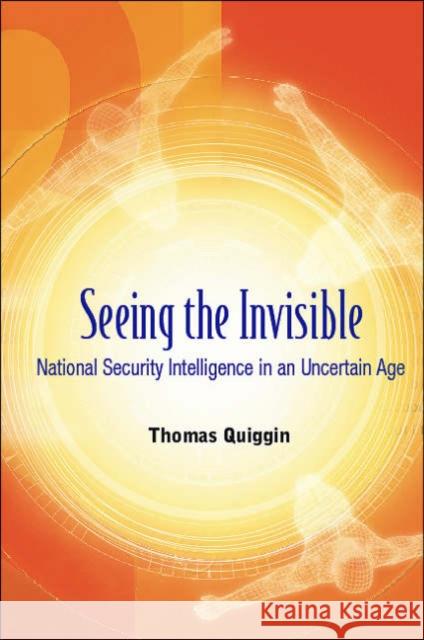Seeing the Invisible: National Security Intelligence in an Uncertain Age » książka
Seeing the Invisible: National Security Intelligence in an Uncertain Age
ISBN-13: 9789812704825 / Angielski / Miękka / 2007 / 264 str.
Intelligence is critical to ensuring national security, especially with asymmetric threats making up most of the new challenges. Knowledge, rather than power, is the only weapon that can prevail in a complex and uncertain environment awash with asymmetric threats, some known, many currently unknown. This book shows how such a changing national security environment has had profound implications for the strategic intelligence requirements of states in the 21st century. The book shows up the fallacy underlying the age-old assumption that intelligence agencies must do a better job of connecting the dots and avoiding future failures. It argues that this cannot and will not happen for a variety of reasons. Instead of seeking to predict discrete future events, the strategic intelligence community must focus rather on risk-based anticipatory warnings concerning the nature and impact of a range of potential threats. In this respect, the book argues for a full and creative exploitation of technology to support -- but not supplant -- the work of the strategic intelligence community, and illustrates this ideal with reference to Singapore's path-breaking Risk Assessment and Horizon Scanning (RAHS) program.











